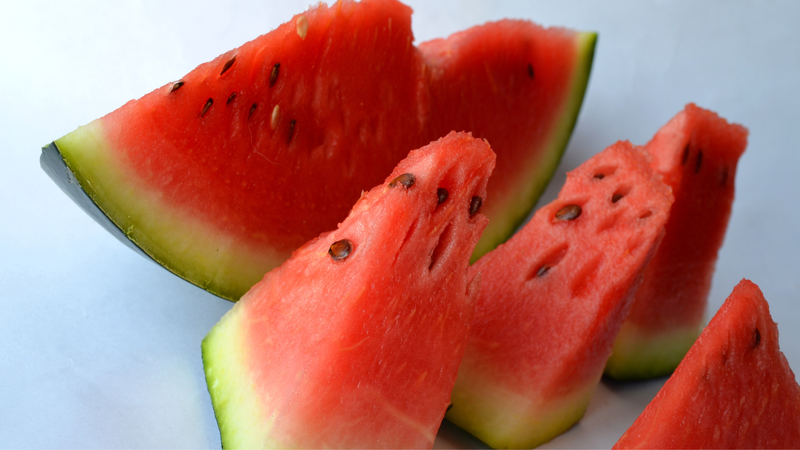People who should not eat watermelon include pregnant women.
People with high blood pressure
Watermelon has the effect of lowering blood sugar, so it is very good for people with high blood pressure. However, overusing watermelon can lead to excessively low blood pressure, which is dangerous for the patient. Therefore, people with high blood pressure should not eat too much watermelon.
People with diabetes
Watermelon contains a lot of sugar such as sucrose, glucose, fructose, so eating a lot of watermelon will cause blood sugar levels to increase. For normal people, the body will usually secrete insulin to maintain the balance of sugar levels in the blood and urine. However, for diabetics, eating too much watermelon causes blood sugar levels to increase and disrupts the body’s metabolism. This can cause poisoning or even endanger the patient’s life.
People with colds
Watermelon is a cooling fruit, has a cold nature and can be processed into many types of cooling drinks with delicious flavors. However, when you have a cold, your body temperature drops below normal, and eating watermelon will cause your body temperature to drop. This leads to symptoms such as high fever, more severe sore throat and thirst, etc.
Things to note when eating watermelon
You can refer to some of the following notes to ensure your health when consuming watermelon:
- Do not eat watermelon before meals and immediately after meals.
- Do not eat too much watermelon.
- Do not eat chilled watermelon.

You should not eat watermelon before main meals and immediately after meals.
Hopefully the above article has provided you with useful information about watermelon and helped you answer the question of who should not eat watermelon. Although it is a cool fruit and contains many health benefits, it should be used properly to avoid unnecessary risks to the body!








